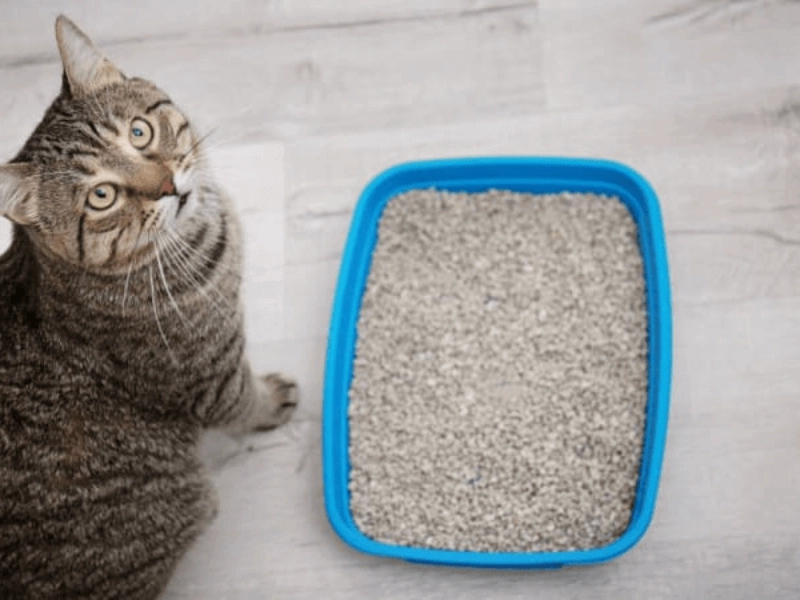Advertisement
1. Your Cat Is Urinating Outside Their Litter Box

Advertisement
Any cat owner will be greatly annoyed and worried when their feline friend starts peeing beyond their allocated litter box. Although it is upsetting to see puddles on your immaculate carpet or preferred furniture item, it is advisable to handle this matter patiently and sympathetically rather than with resentment or punishment. Either with their habitat or their health, this behaviour is commonly a cat's means of indicating something is wrong. Cats are creatures of habit, hence any departure from their usual potty schedule usually indicates something to be taken seriously.
A cat could start urinating outside their litter box for many different reasons. Medical conditions include bladder stones, renal disease, or urinary tract infections can induce discomfort during urination, which causes cats to link the litter box with pain and hence avoid it. Since cats are sensitive animals that can be impacted by changes in their surroundings—such as moving to a new house, adding a new pet or family member, or even rearranging furniture—stress and worry can also set off this behaviour. Sometimes the problem could be as basic as discontent with the litter box itself – maybe it's not clean enough, too tiny, or in a bad spot.
See a veterinarian before making snap decisions or trying to get answers on your own. Professionals can rule out any underlying medical disorders and offer direction on possible behavioural factors. To look for infections or other health problems, they could advise a urinalysis or other diagnostic test. Should medical issues be eliminated, a cat behaviourist could follow next. These experts can evaluate your cat's surroundings, behaviour, and interactions to find possible stresses or triggers for the inappropriate urinating.
You can help to control the matter in the meanwhile by following these actions. Check first that the litter box is always conveniently reachable and clean. You could have to try several designs since some cats favour privacy while others like exposed boxes. Generally speaking, one should have one more litter box than the total count of the household's cats. Take also into account the kind of litter you are using; some cats have strong preferences for particular textures or smells. Using an enzymatic cleaner, thoroughly clean any spots your cat has urinated outside the box to remove smells that can draw them back to the same location. Offering your cat several vertical spaces, toys, and scratching posts will assist to lower tension and provide them with environmental stability.
Recall that handling this problem calls for patience most of all. Cats strive to convey something significant; they do not urinate beyond their litter box out of spite or to annoy you. Approaching the problem with empathy and consulting professionals when necessary will assist you to find a solution and bring peace back into your house. The first concern is your cat's health and well-being; so, quick resolution of this behaviour will help to avoid it from developing over time.
